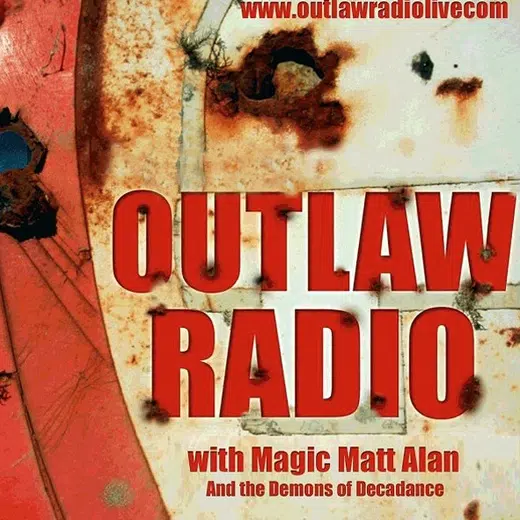(Reuters) – Belarus declared the Poland-based Belsat news channel an “extremist” organisation on Wednesday, meaning its employees and viewers can face up to seven years in prison.
President Alexander Lukashenko’s government has targeted activists, protesters and journalists in a violent crackdown on dissent since a disputed election last year that the opposition says was blatantly rigged to extend his rule since 1994.
Belsat, a Warsaw-based satellite channel that provides Belarusians an alternative to Belarusian state media, has been in the government’s crosshairs and two of its journalists were jailed in February for filming a protest.
Its content was declared “extremist” in an earlier move in July, meaning anyone caught disseminating it risked being detained for 30 days. The channel is banned in Belarus though viewers access it on the internet on virtual private networks.
“Groups of citizens united through the Internet resources ‘BELSAT’ are recognised as an extremist formation and their activities are prohibited on the territory of the Republic of Belarus,” the interior ministry said in a statement.
Belsat’s deputy director, Alyaksei Dzikavitski, called the move “absurd” and a vain attempt to stifle the flow of free and uncensored information.
“It’s like punishing people for gathering around a bookshelf in a library,” he said in a video statement.
“Naturally, it is impossible to recognise the millions of Belarusians who watch us or read on social networks as extremists. This is the same as recognising the entire population as extremists. Because the overwhelming majority of Belarusians trust independent mass media, including Belsat.”
The move follows a similar clamp-down last week on three Poland-based social media channels with a large following inside Belarus.
Tens of thousands of people have been detained since the crackdown began last year and rights groups say more than 800 people are now in jail as political prisoners.
The crackdown prompted the United States, European Union and Britain to impose new sanctions on Minsk, but Lukashenko has remained in power, buttressed by money and diplomatic support from traditional ally Russia.
“For the first time in history, the regime labelled the whole TV channel – @Belsat_TV – an extremist group,” Franak Viacorka, a senior adviser to exiled opposition leader Sviatlana Tsikhanouskaya, wrote on Twitter.
“The label extends to both viewers & journalists. 940k people in total. On the one hand – it’s a threatening tool, on the other – it’s proof of the channel’s success.”
Since the crackdown, Lukashenko has also been at loggerheads with neighbouring EU countries which accuse his government of instigating a migrant crisis on their shared border as a form of hybrid warfare. Lukashenko denies doing so.
Poland on Wednesday accused Belarus of staging an armed cross-border intrusion and summoned the Belarusian charge d’affaires to protest what it sees as a deliberate escalation of the migrant crisis at the frontier.
(Additional reporting by Anna Wlodarczak-Semczuk in Warsaw; writing by Matthias Williams; editing by Nick Macfie)




